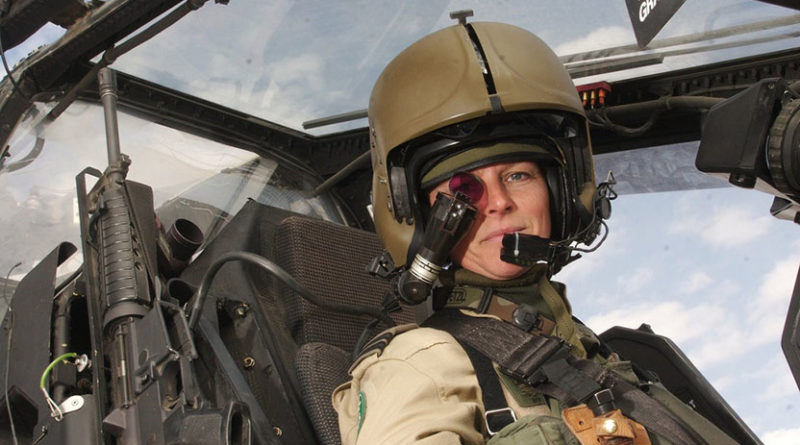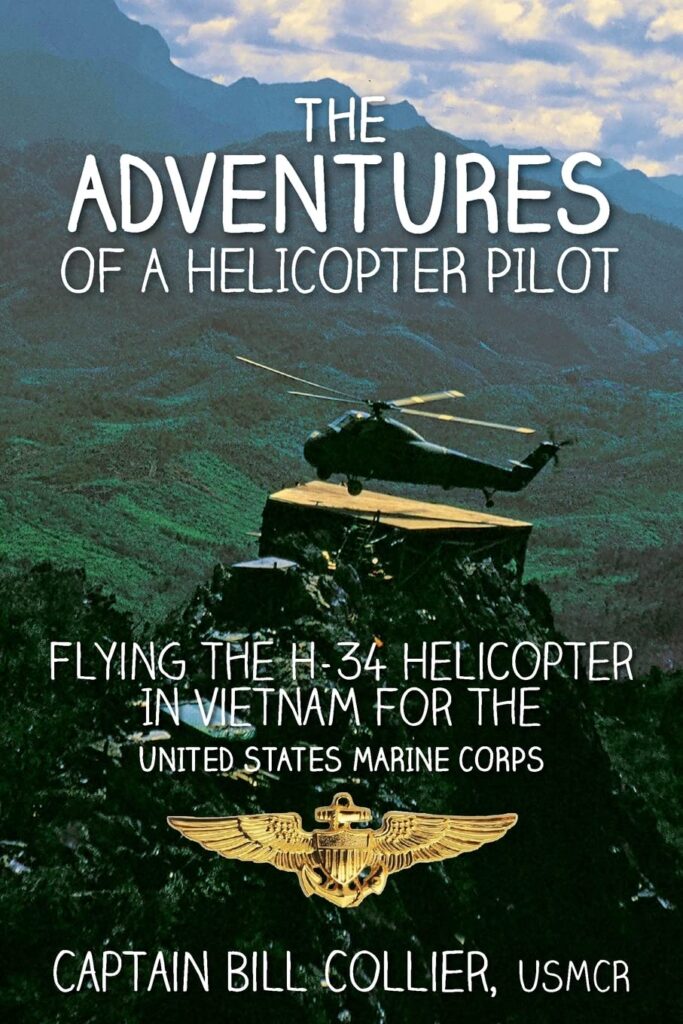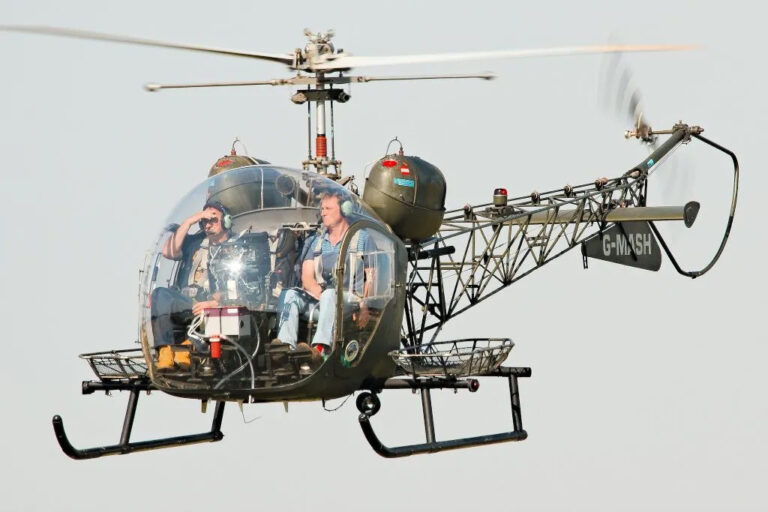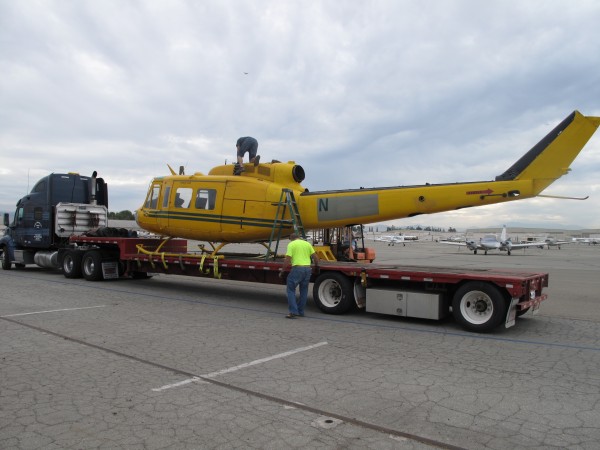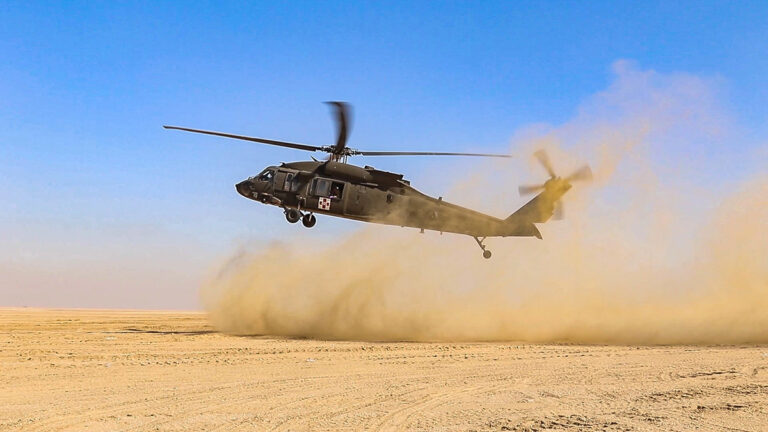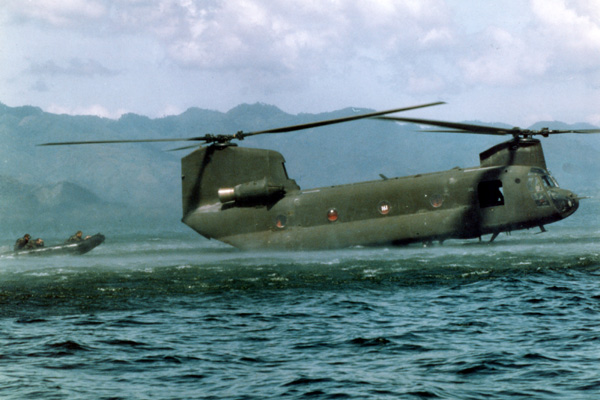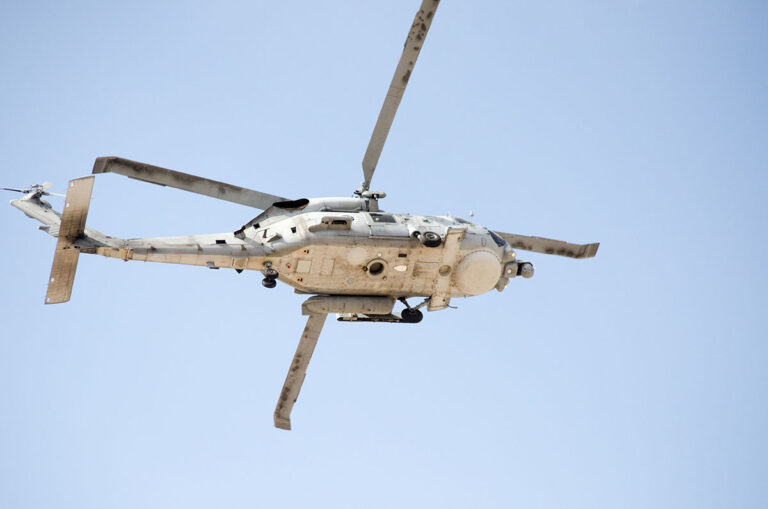Army Helicopter Pilots Are Specially Trained
Army helicopter pilots are specially trained for combat missions and flying in challenging conditions. Becoming an army helicopter pilot must be one of the most exciting careers there is. You could be ferrying troops or ammunition in a Chinook helicopter, scouting in a Kiowa, working special operations in a Black Hawk helicopter, or controlling the awesome firepower of an Apache Attack Helicopter. The career of an Army pilot has a wide and varied working life in combat and out of it.
Army Helicopter Pilots and Their Training
Army helicopter pilots first have to learn basic combat skills, so the first order of the day will be basic combat training. That is nine weeks to learn what it is to be an army soldier. You will learn weapons handling, camouflage, drill and all the other skills you need to become a soldier.
Once basic training is over, it is off to warrant officer candidate school. This is where you will learn the technical skills all army pilots need to learn. Being a warrant officer instead of a commissioned officer means you can continue flying as your career progresses instead of moving around the chain of command as an officer would.
The Adventures of a Helicopter Pilot: Flying the H-34 helicopter in Vietnam for the United States Marine Corps
This is a spell-binding, first-hand account of what it was like to pilot a Marine Corps H-34 helicopter in combat during “The Helicopter War” in Vietnam. As a brand-new United States Naval Aviator, Second Lieutenant Bill Collier had many exciting adventures – some exciting, some horrific and some terrifying. This is the true story of his experiences during his 13 months in the war. Bill watched friends die violently and stood many times eye-to-eye and toe-to-toe with Death itself. Each time, Death flinched first.
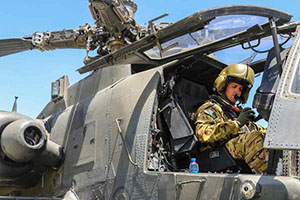
Army Helicopter Pilots must prepare for the flight.
Once you finish warrant officer candidate school, you are off to Fort Rucker for flight training. This is where the challenging work really begins!
Flight Training for Army Pilots
Flight training for army pilots includes classroom instruction as well as actual flying. You will need to learn flight physics, systems, emergency procedures, navigation, and the myriad of other skills a pilot needs to know.
The first two weeks will be in the classroom, learning all those skills until you reach the required standard. The next stage is IERW, Initial Entry Rotary Wing Course. This is where you begin getting out of the classroom and out onto the flight line.
Your flying training begins in Warrior Hall, a large simulator room where you will begin learning your trade. You will need 7.5 hours of basic flight hours before learning combat maneuvers in a real helicopter.
First Steps
Current army pilots train in a TH-67. The first step is called being in Primary, where you will be paired with an instructor pilot to cover the basics of take-off, landing and so on. After logging enough hours, you will move on to instrument flying, night flying, and BCS training in a Scout or Huey.
Somewhere between weeks three and five, you will perform your Nickel Ride, three to four weeks after that, your first solo flight.
OBC comes next, where you learn to be an officer, as well as a pilot. You will learn to plan and execute missions, do mini-SERE, and go on a five-day exercise. Once complete, you will learn your next post assignment.
Advanced Aircraft Transition is a six-to-fourteen-week course that provides training on your specific helicopter of choice. Army pilots will generally learn to fly the Apache attack helicopter, Kiowa helicopter, Black Hawk helicopter or Chinook helicopter. Once you complete AAT, you will be assigned to your new squadron.
Army pilots never stop training. Even though you are now a qualified pilot, there is always something to learn. Whether it is a new airframe, instrument, weapon, or tactic. You will never be bored as an army pilot!


